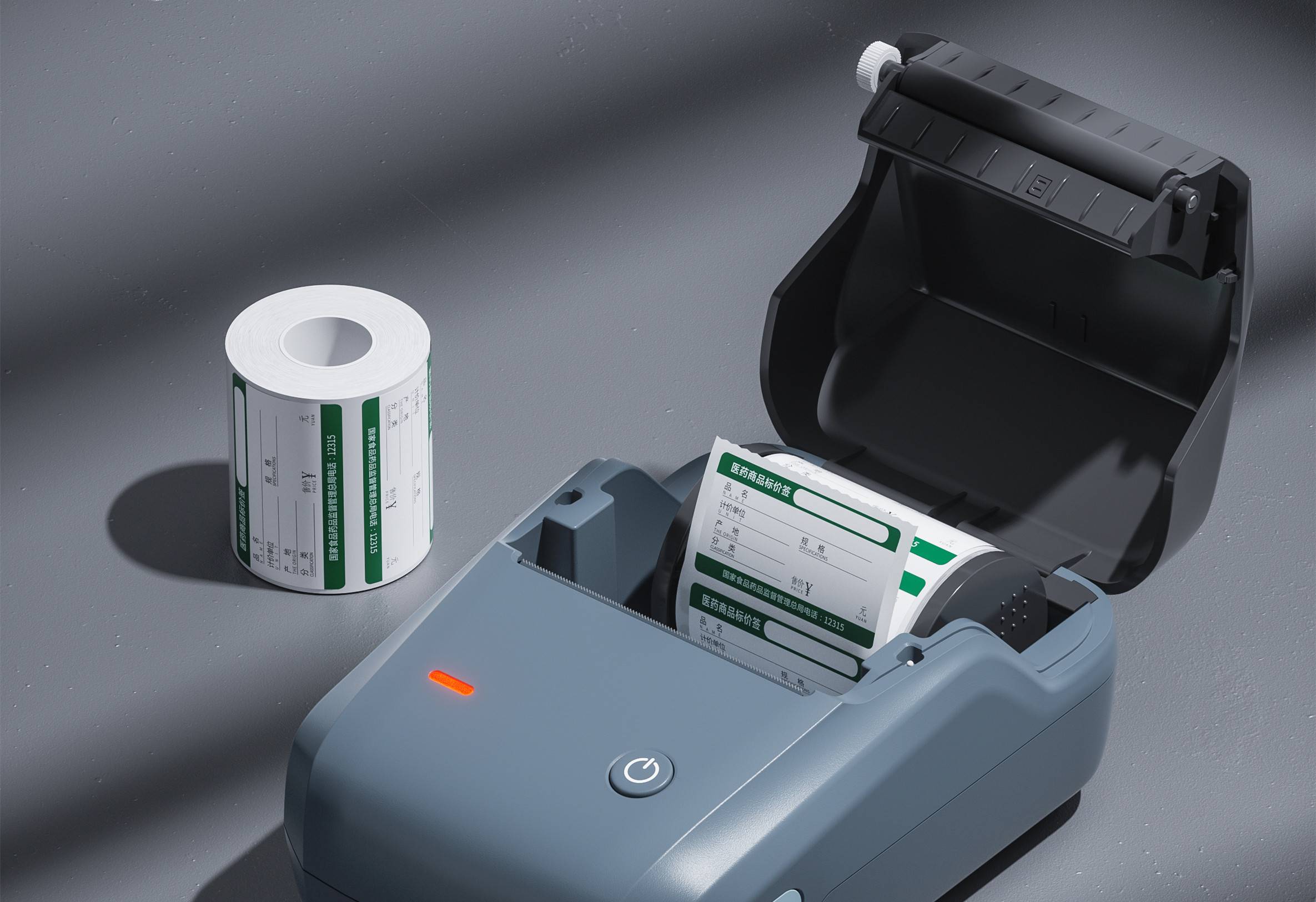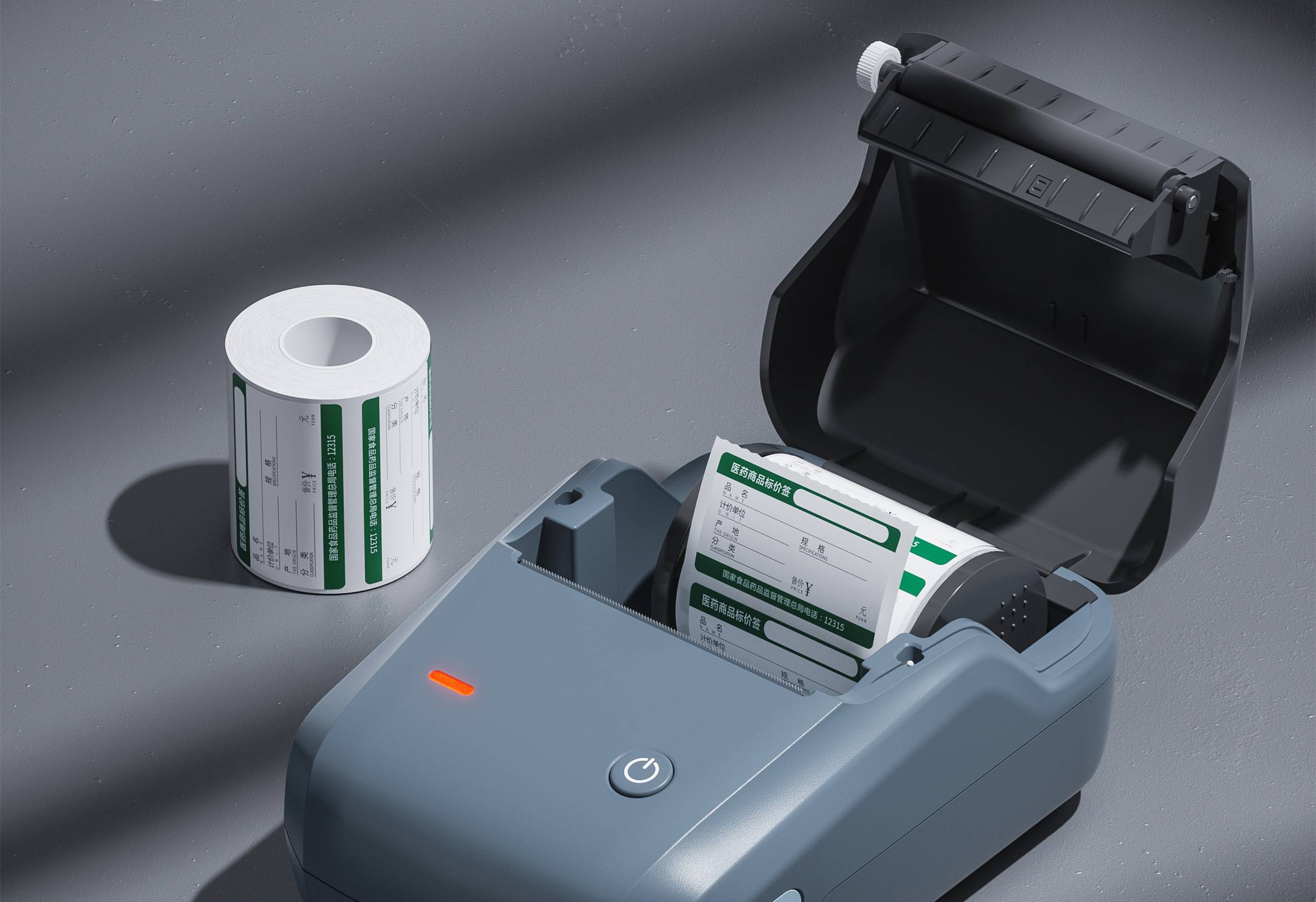
basic introduction
Through various mechanical tests to determine the various mechanical performance criteria of metal materials. The properties of metal related to elasticity and inelasticity and related to stress-strain are all mechanical properties of metal. In the process of researching and developing new materials, improving material quality, designing and using metal parts, etc., mechanical properties are the most important performance indicators, and are indispensable items in the performance testing of metal plastic processing products. Mechanical performance tests generally include tensile test, torsion test, compression test, impact test, hardness test, stress relaxation test, fatigue test, etc. Stress relaxation test and fatigue test do not belong to the routine mechanical properties inspection of materials.
Test items
Hardness Testing
Hardness is a characterization of the ability of a metal to resist deformation or cracking in a local volume of the surface. It not only has an approximate empirical relationship with the static strength and fatigue strength of the material, but also indirectly exists with process performance such as cold formability, machinability and weldability. Some links. Therefore, the hardness value has certain reference significance for controlling the quality of the hot and cold machining process of the material.
Elasticity test
Static stretching can determine the most basic mechanical properties of materials during elastic deformation, plastic deformation and fracture, including elastic modulus, yield strength, tensile strength, elongation and shrinkage rate. These performance indicators are the basic properties inherent in materials and an important basis in engineering design.
Impact test
The impact test can obtain dynamic performance indicators such as impact toughness and impact absorption work. It is extremely sensitive to the brittleness tendency issues and the metallurgical quality and internal defects of the material. Approach.
standard test
Test items | standard test |
Hardness (Brinell hardness, Rockwell hardness, Leeb hardness, Vickers hardness, etc.) | GB/T 231.1-2002,GB/T 230.1-2004, GB/T 17394-1998,GB/T 4340.1-1999, ISO 6507-1:2005(E),JIS Z2252-1991 |
Normal temperature stretching | GB/T 228-2002,ISO 6892:1998, GB/T 5027-1999,GB/T 5028-2008, GB/T 24174-2009 |
High temperature stretching | GB/T 4338-2006 |
Low temperature stretching | GB/T 13239-2006 |
bending | GB/T 232-1999 |
Impact (normal temperature impact, low temperature impact, high temperature impact) | GB/T 229-2007 |
fatigue | GB/T 4337-2008,GB/T 3075-2008, GB/T 6398-2000 |
Cupping | GB/T 4156-2007 |
Drawing and drawing load | GB/T 15825.3-2008 |
Cone cup | GB/T 15825.6-2008 |
Reaming | GB/T 15825.4-2008 |
Our advantage
1. With a professional qualification and experienced expert technical team, we can provide you with professional consultation and services.
2. Have advanced laboratory equipment to ensure the accuracy and reliability of test data.
3. As a third-party testing and certification organization trusted by customers worldwide, we are your certificate of quality.

Label printers entering the Brazilian market, ANATEL certification is an essential passport! It is the recognition of the Brazilian Telecommunications Authority for the safety and compliance of electronic products, without which products cannot be legally sold.

SRRC certification is not only a guarantee of product compliance, but also a key to opening up the market.

FCC ID certification is a mandatory certification for electronic products by the Federal Communications Commission (FCC) in the United States, and it is essential for label printers to obtain this certification.
Through various mechanical tests to determine the various mechanical performance criteria of metal materials. The properties of metal related to elasticity and inelasticity and related to stress-strain are all mechanical properties of metal.
Get a quote